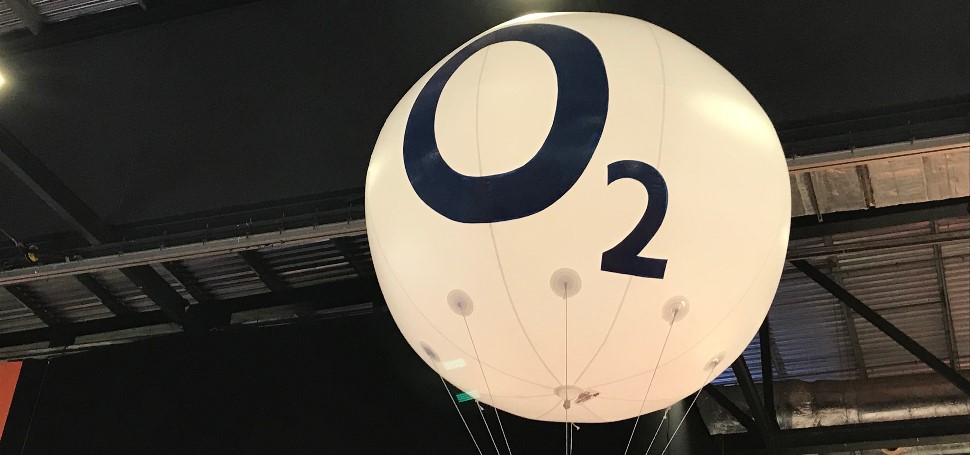O2 uses smart cooling tech to make its 4G and 5G networks more efficient
O2 wants to reduce emissions as data demand rises

O2 is using fresh air cooling and energy management software to reduce the amount of electricity it uses and to enhance the efficiency of its network as demand for data increases.
The rise in data consumption by mobile users is a long-term trend that will by accelerated by the easing of lockdown restrictions and the rollout of 5G networks that will power data-intensive applications.
In the first week of May 2021 alone, O2 reported a 55% year-on-year increase in data demand as customers took advantage of being able to visit non-essential retailers and dine outside, and spent more time using their mobile connection rather than their home Wi-Fi network.
- These are the best business SIM-only deals around today
- And the best business broadband deals
- Here are the best business mobile phone deals
O2 carbon emissions
This surge means O2’s core network is processing more data, and increasing the amount of energy expended on keeping data centre equipment cool.
O2’s smart cooling technology uses natural air to regulate the temperature of its equipment rather than traditional air conditioning. This approach not only reduces energy use, it also reduces O2’s reliance on polluting refrigerant gases.
This technology is being sued in conjunction with Ekkosense’s management software, which uses sensors to monitor how much cooling each site needs based on user demand, further increasing efficiency.
O2 has already upgraded 70% of its core network sites, delivering an energy saving of between 15% and 20% at each site. Overall, the operator believes it could save 1 million kilogrammes of CO2 emissions each year.
Sign up to the TechRadar Pro newsletter to get all the top news, opinion, features and guidance your business needs to succeed!
“Our number one priority is keeping customers connected, but that cannot be at the expense of the environment,” said Tracey Herald, Head of Corporate Responsibility & Sustainability at O2.
O2 has made sustainability a key priority over the past decade, investing £400 million in renewable energy sources, implementing flexible working practices, and taking action to reduce the amount of electronic waste as part of a commitment to be net zero by 2025.
Its network is now 82% more efficient than it was in 2015, a drive that is not only good for the environment but also operating expenses as power is one of the biggest bills for mobile operators.
- The best O2 mobile phone deals
Steve McCaskill is TechRadar Pro's resident mobile industry expert, covering all aspects of the UK and global news, from operators to service providers and everything in between. He is a former editor of Silicon UK and journalist with over a decade's experience in the technology industry, writing about technology, in particular, telecoms, mobile and sports tech, sports, video games and media.